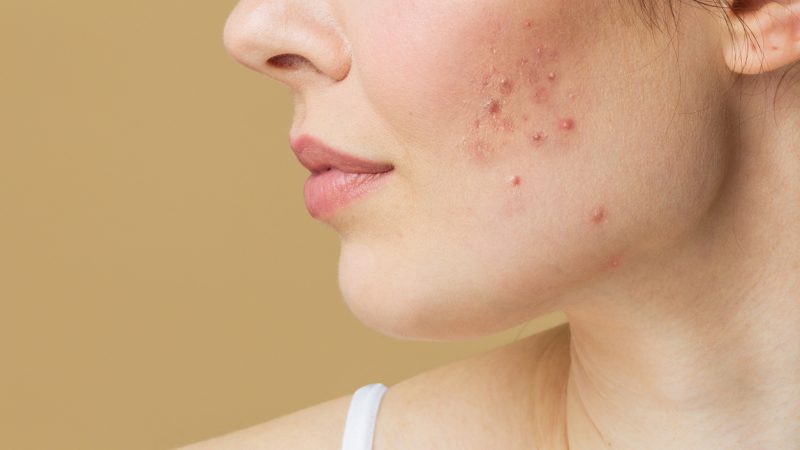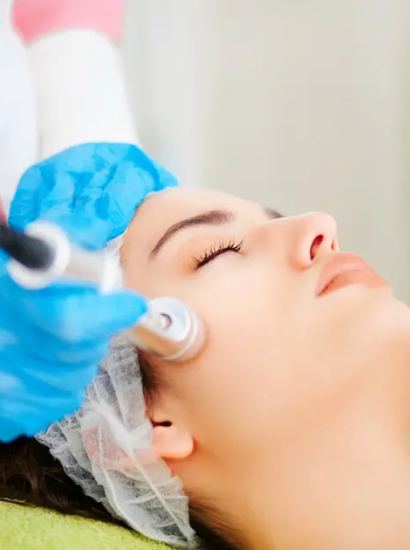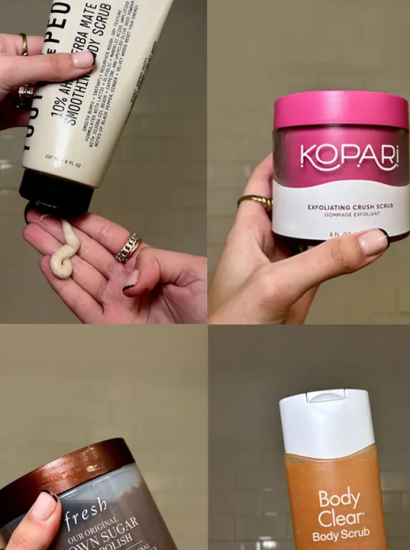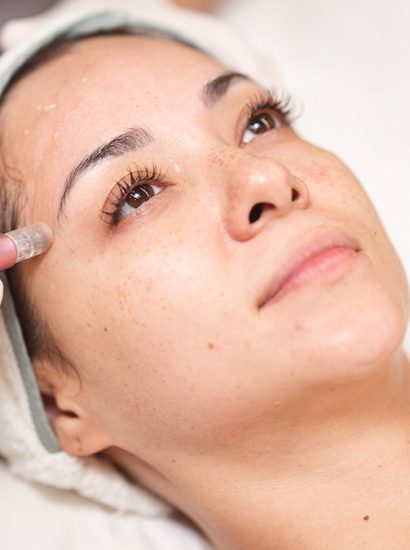Hormonal acne can be one of the trickiest skin issues to manage. Unlike regular acne, it’s often driven by internal changes, such as fluctuating hormone levels due to menstruation, pregnancy, stress, or other factors. If you’ve found yourself struggling with breakouts that just won’t seem to clear up, you’re not alone. Fortunately, with the right skincare routine and a bit of patience, you can reduce breakouts and keep your skin looking its best.
Here are 10 must-have tips for managing hormonal acne and achieving clearer skin.
Cleanse Gently, but Effectively
When it comes to skincare for hormonal acne, gentle cleansing is key. Harsh scrubbing can irritate the skin and make acne worse. Opt for a mild, non-comedogenic cleanser that will help remove excess oil without stripping your skin of its natural moisture. Look for cleansers with ingredients like salicylic acid, which can help clear pores and prevent breakouts.
Incorporate Salicylic Acid Into Your Routine
Salicylic acid is a powerhouse ingredient for treating acne. It helps exfoliate the skin and unclogs pores by breaking down the oil and dead skin cells that contribute to acne formation. When choosing products, look for toners, serums, or spot treatments with 1-2% salicylic acid to keep your skin clear without over-drying.
Hydrate, Hydrate, Hydrate
Keeping your skin hydrated is essential, especially when you’re using acne treatments that can dry out your skin. Choose an oil-free, non-comedogenic moisturizer that won’t clog your pores but will keep your skin balanced and hydrated. Hyaluronic acid is a great ingredient to look for in your moisturizer, as it draws moisture into the skin without causing breakouts.
Don’t Skip the Sunscreen
Sunscreen is crucial, especially if you’re using acne treatments that can increase your skin’s sensitivity to the sun. Look for a broad-spectrum SPF of at least 30. If you’re prone to acne, choose a non-comedogenic sunscreen that’s labeled as safe for sensitive skin. Some sunscreens even contain added skincare benefits like calming ingredients to reduce redness.
Use Retinoids to Target Acne
Retinoids, or Vitamin A derivatives, are well-known for helping with acne and preventing breakouts. They increase cell turnover, helping to clear clogged pores, and can even reduce inflammation and redness. Retinoids can be a bit drying at first, so start with a mild formula (like retinol) and use it sparingly to allow your skin to adjust.
Control Your Stress Levels
Stress is a major contributor to hormonal acne. When you’re stressed, your body produces more cortisol, which in turn stimulates oil production in the skin. Try incorporating stress-reducing activities into your routine, such as yoga, meditation, or simply taking time out to relax. Managing your stress won’t just help your skin, but it will benefit your overall well-being.
Pay Attention to Your Diet
What you eat can have an impact on your skin. High-glycemic foods (such as sugary snacks and refined carbs) can trigger an increase in insulin and cause a spike in oil production, leading to breakouts. Instead, focus on a balanced diet rich in fruits, vegetables, lean proteins, and whole grains. Omega-3 fatty acids, found in foods like salmon and walnuts, can help reduce inflammation in the skin.
Try Hormonal Therapy, if Needed
For some people, hormonal acne is a recurring issue due to hormonal imbalances. If your acne is persistent and linked to your menstrual cycle or other hormonal fluctuations, you might want to consult a dermatologist or healthcare provider. In some cases, birth control pills or other hormonal treatments can help regulate hormones and reduce acne flare-ups.
Spot Treatment for Targeted Action
For those occasional hormonal breakouts that pop up, spot treatments can be a lifesaver. Look for treatments that contain benzoyl peroxide, sulfur, or tea tree oil. These ingredients help to reduce inflammation and kill acne-causing bacteria. Apply spot treatment directly to the pimple to keep it from spreading and help speed up healing.
Be Patient and Consistent
Perhaps the most important tip for managing hormonal acne is to be patient. Treating hormonal acne takes time, and consistency is key. Your skin may not clear up overnight, but if you stick with a skincare routine that works for your skin type, you should start seeing improvements in a few weeks. Don’t be tempted to try new products too frequently, as this can irritate your skin and worsen breakouts.
Conclusion
Hormonal acne can feel like an uphill battle, but with the right approach, it’s entirely manageable. By incorporating gentle cleansing, targeted acne treatments, hydration, and stress management into your routine, you’ll be on your way to clearer, healthier skin. Be patient, stay consistent, and don’t be afraid to consult a professional if your acne is persistent. Clear skin is within reach!
FAQs
Can hormonal acne affect only women?
While hormonal acne is more common in women due to fluctuations in hormones, men can also experience hormonal acne, especially during puberty or as they age.
How do I know if my acne is hormonal?
Hormonal acne typically appears along the lower jawline, chin, and cheeks, especially around your menstrual cycle, pregnancy, or stress periods.
Is it okay to pop hormonal acne pimples?
It’s always best to avoid popping pimples, as this can lead to scarring and make the inflammation worse.
Will my hormonal acne improve on its own over time?
Some people experience a reduction in hormonal acne as they get older, but this isn’t guaranteed. Treatment options like skincare routines, hormonal therapy, and lifestyle changes can help control it.
Can a skincare routine really make a difference for hormonal acne?
Yes! A consistent skincare routine with the right products can help manage oil production, reduce inflammation, and clear up clogged pores, all of which are crucial for treating hormonal acne.
Also read: 10 Best Face Serums for Acne Scars That Actually Work!





